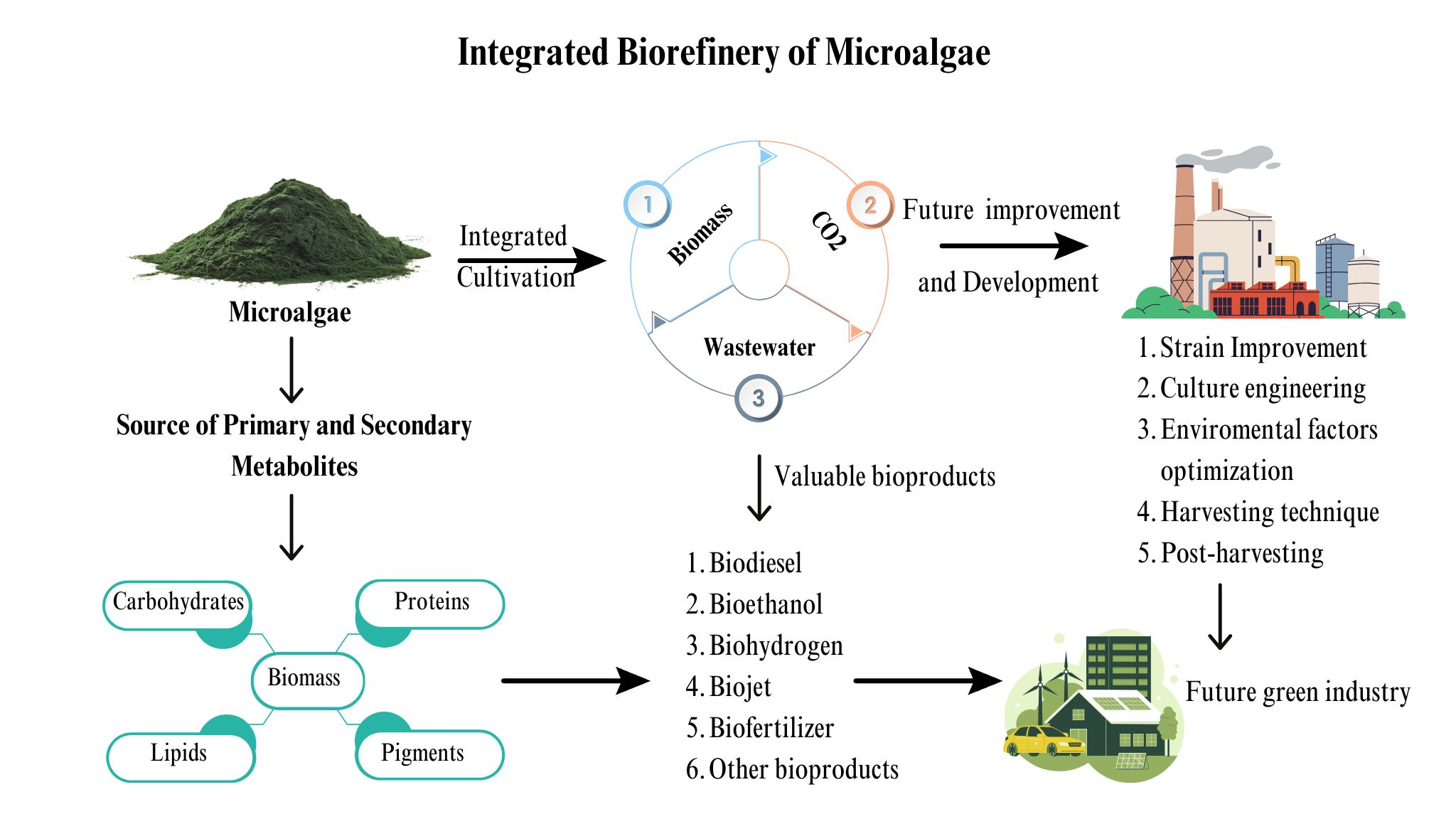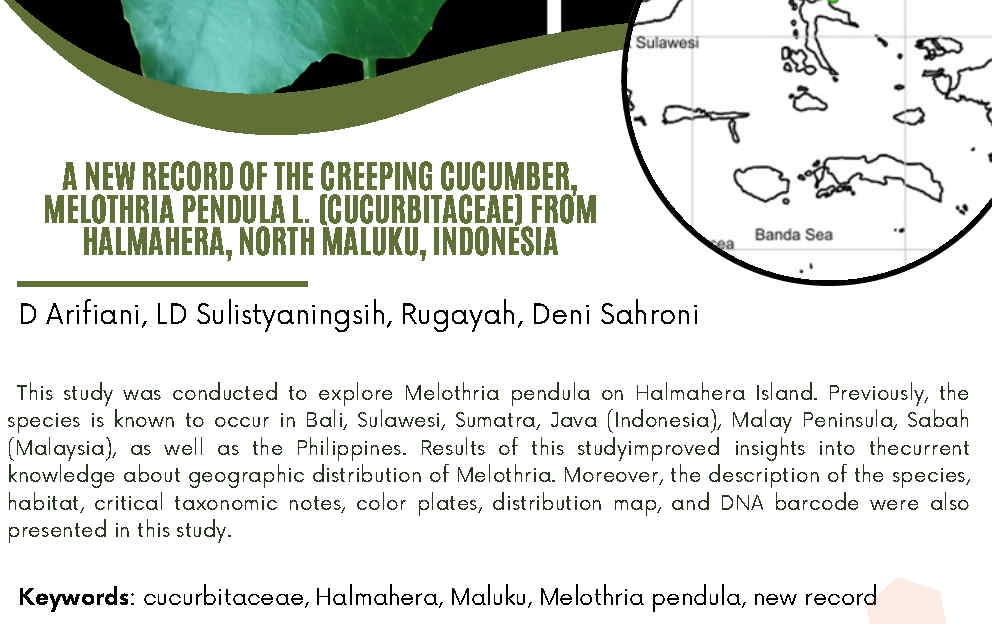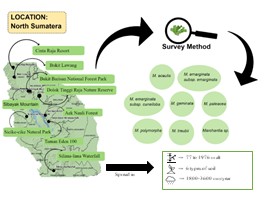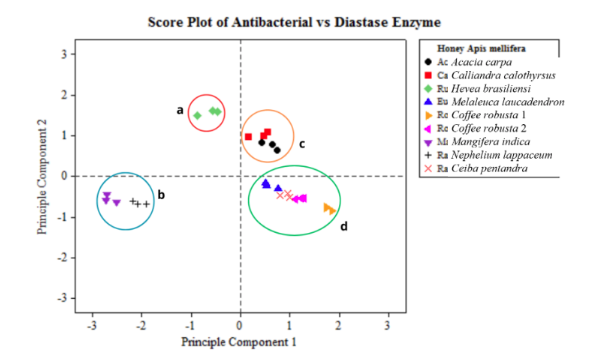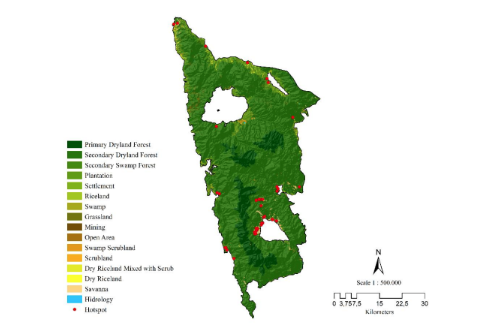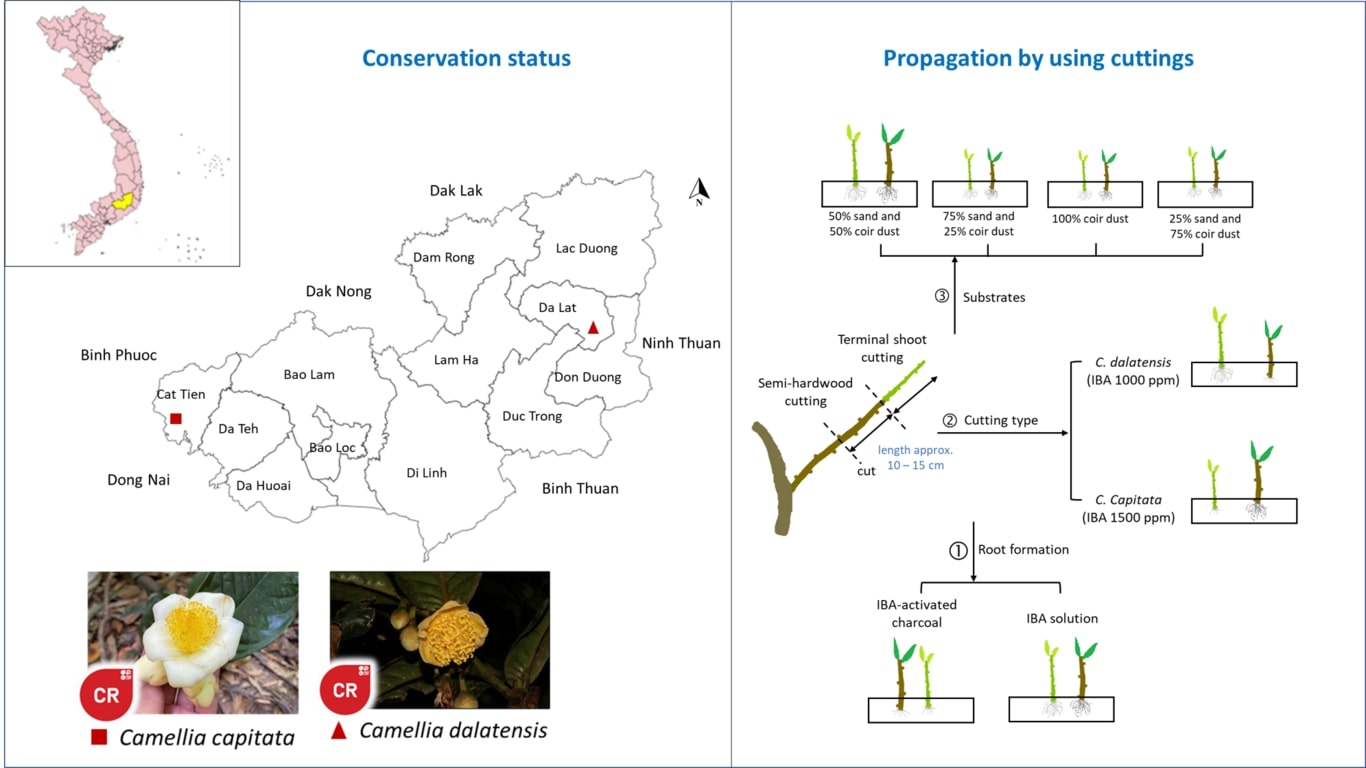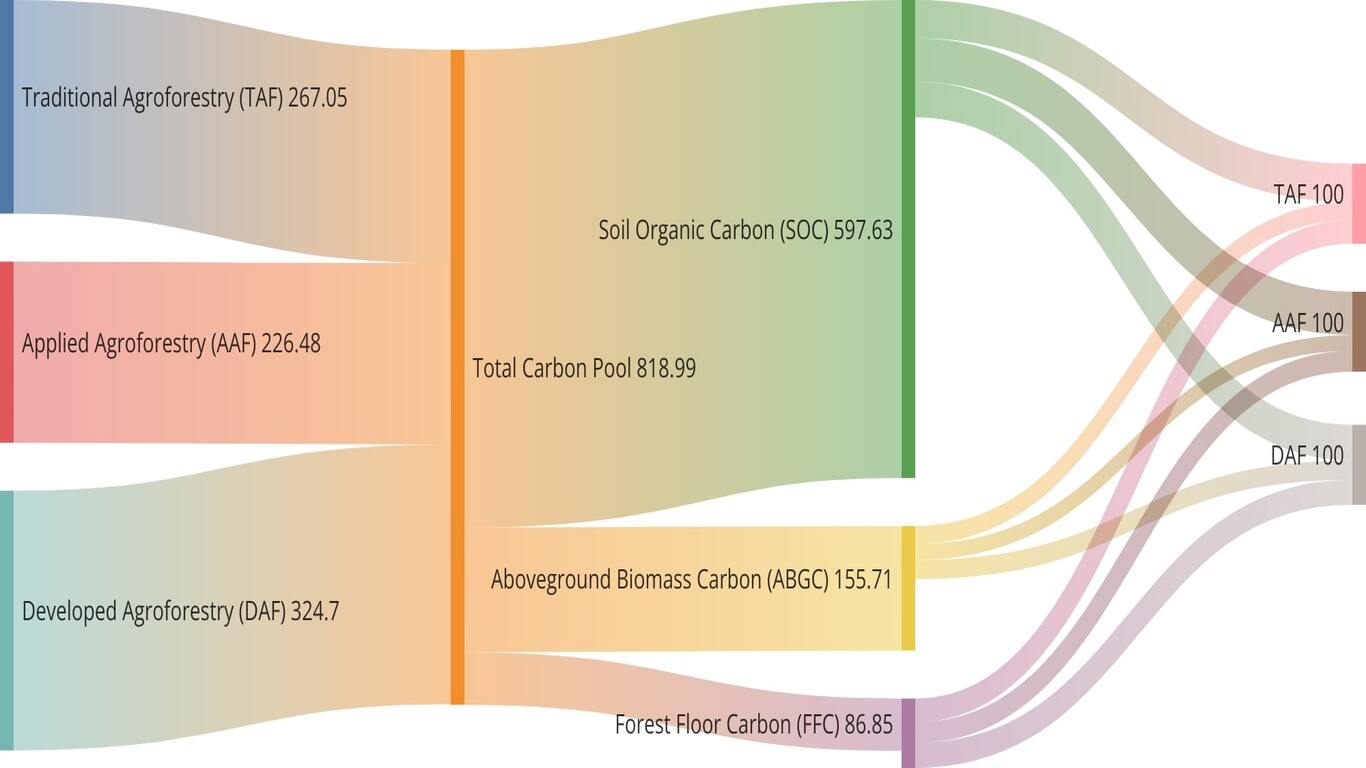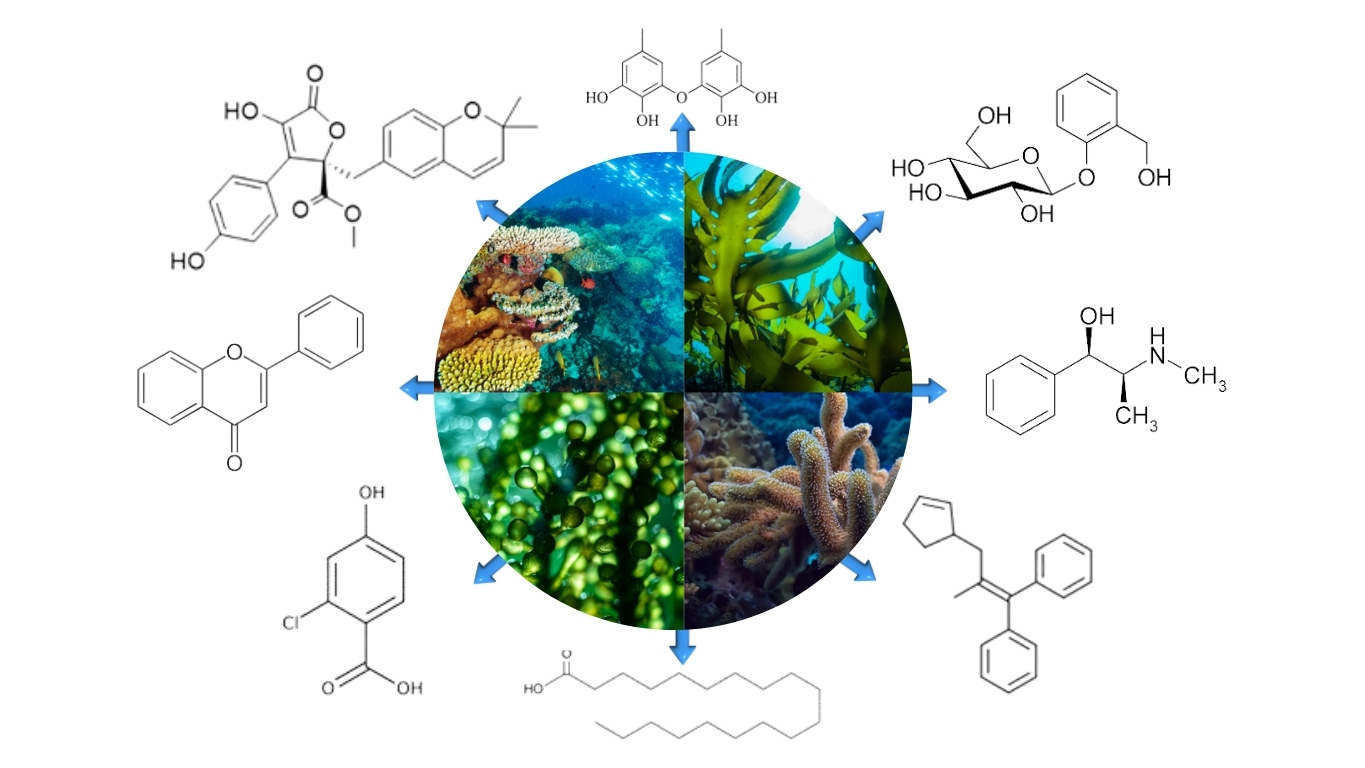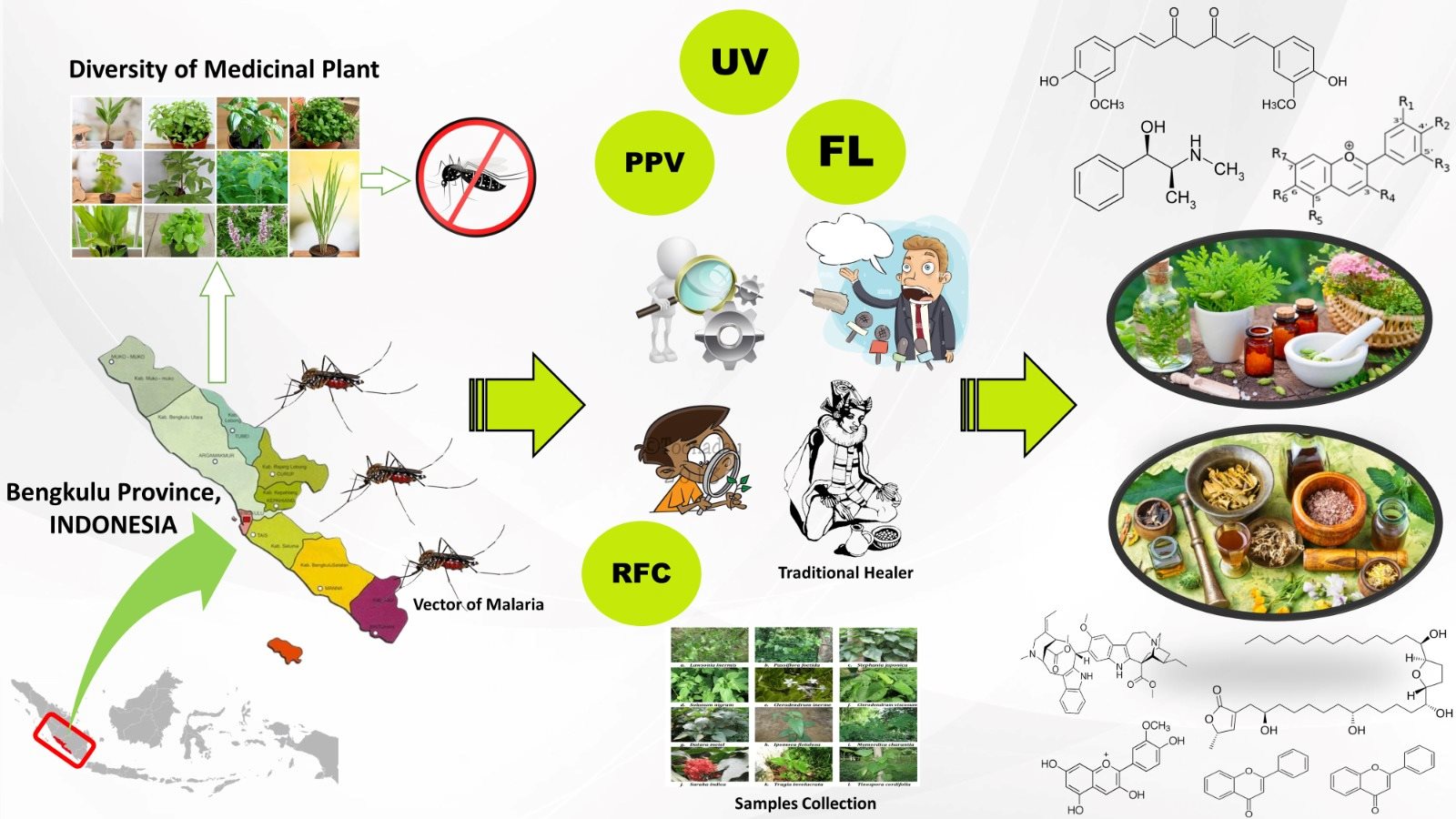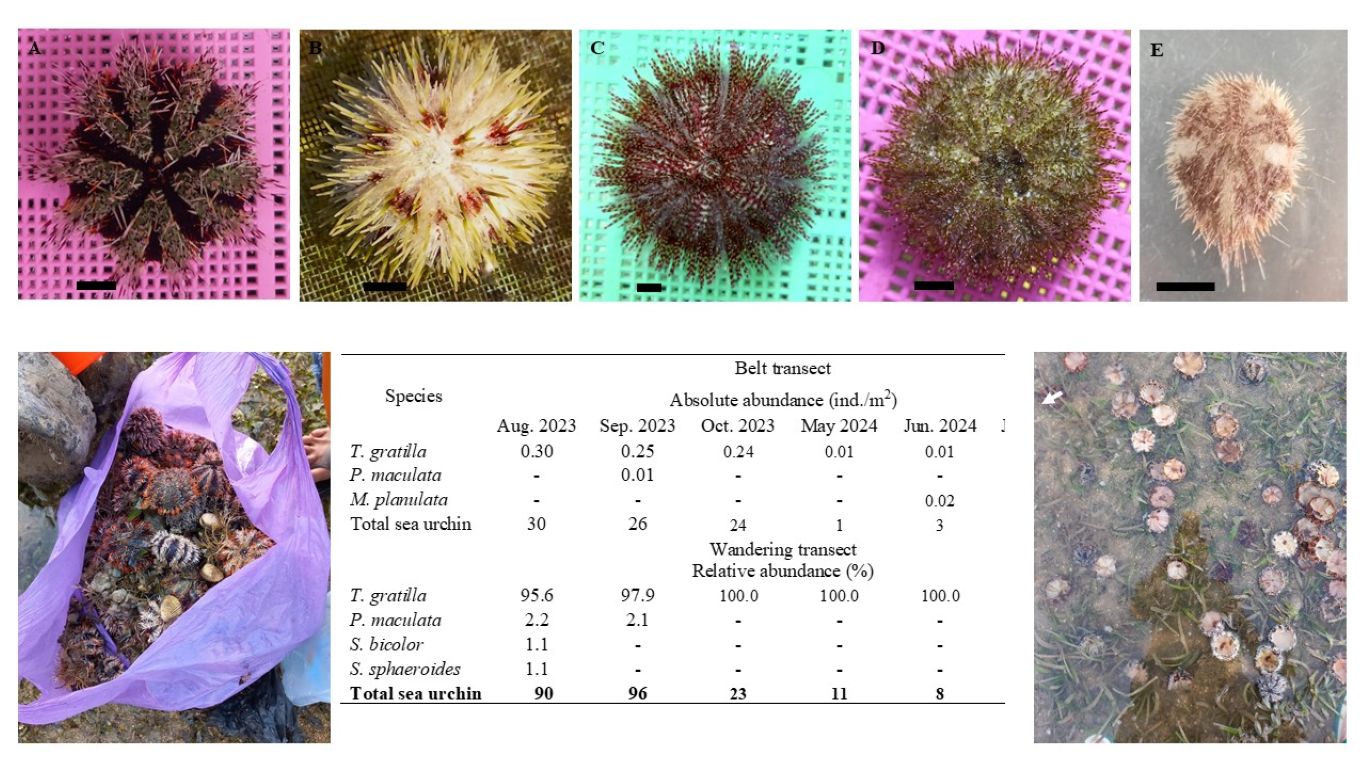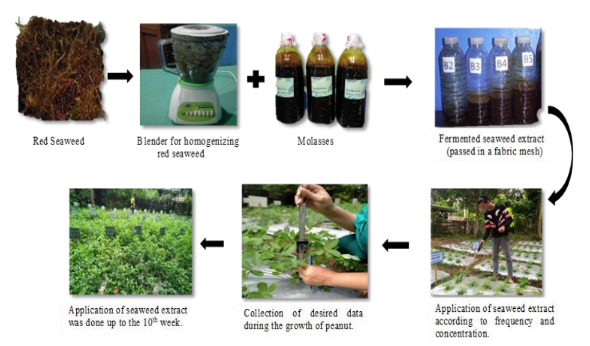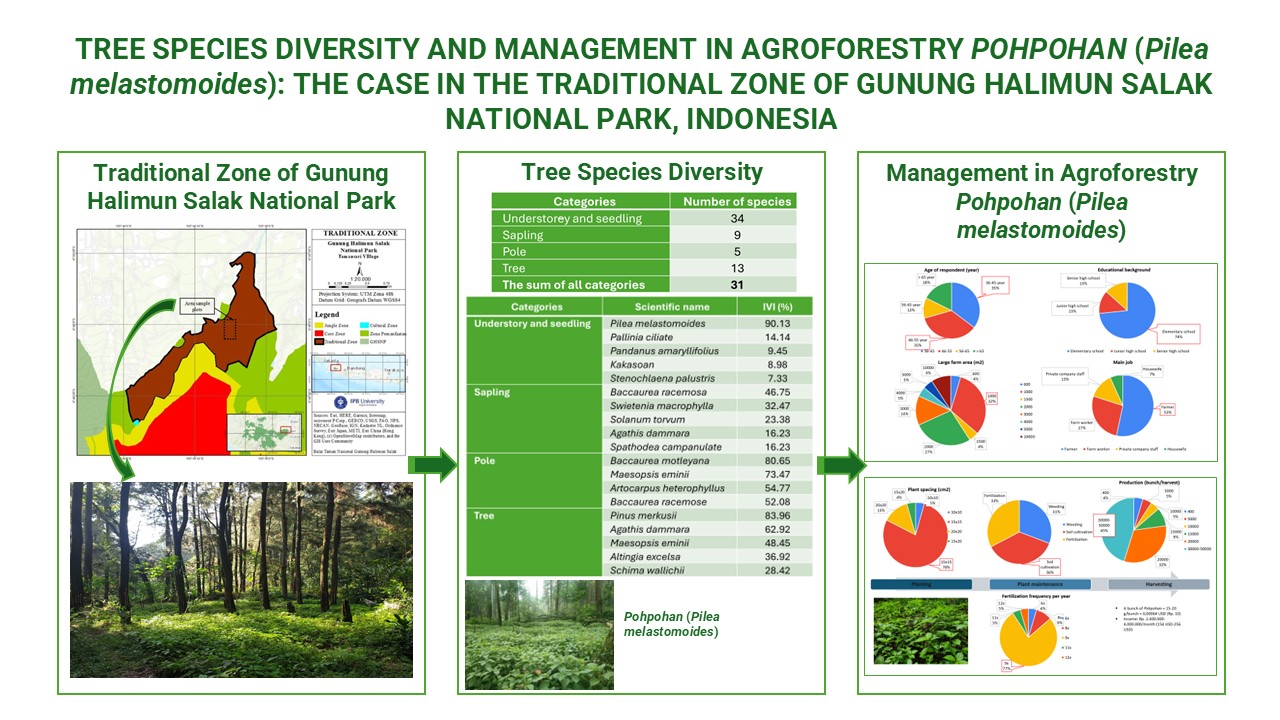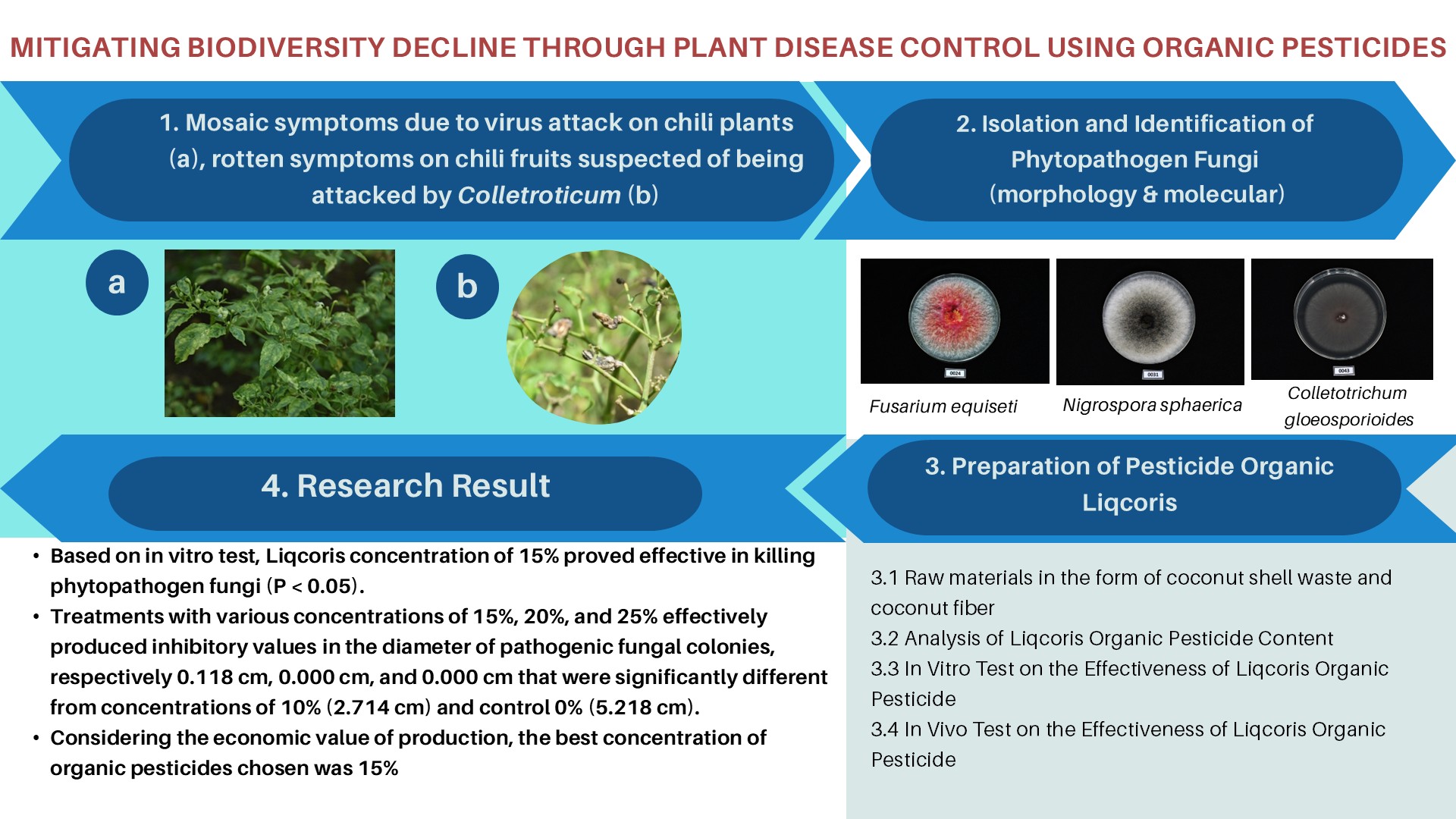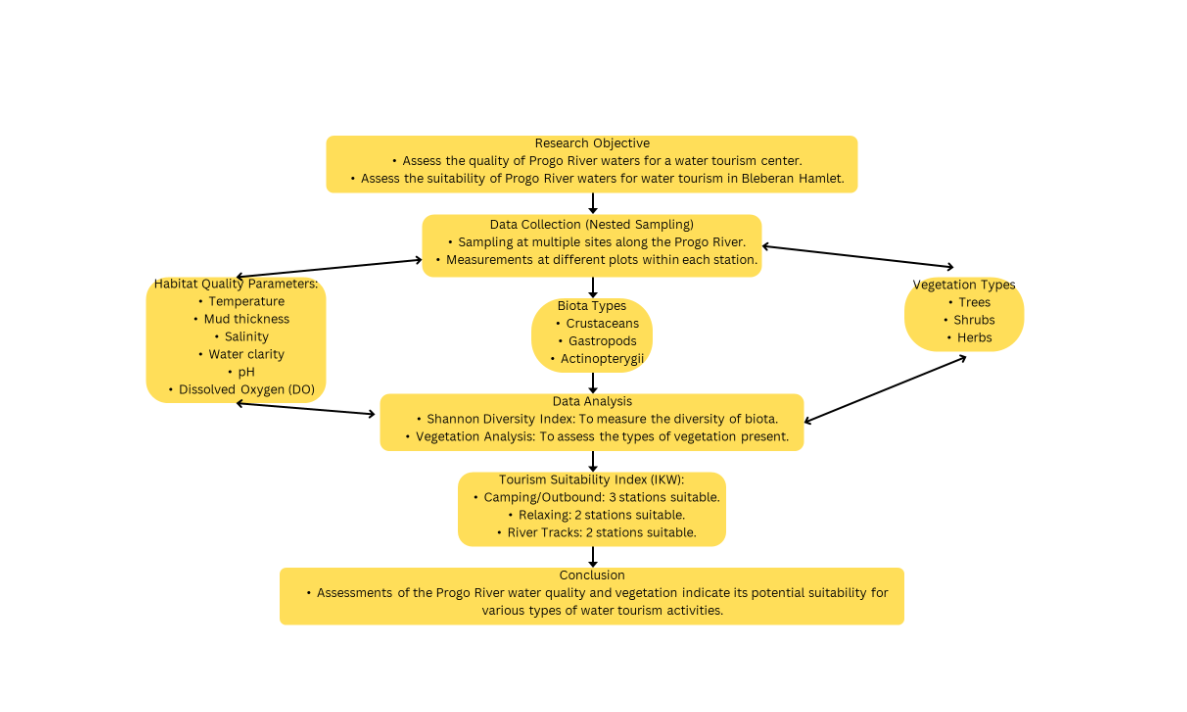Testing Reliability of Serum Samples as a DNA Source on Captive Breeding Long-tailed Macaques (Macaca fascicularis)
Vol. 21 No. 2 (2014)
Short Communication
September 15, 2014
November 28, 2014
Downloads
Perwitasari-Farajallah, D., & Farajallah, A. (2014). Testing Reliability of Serum Samples as a DNA Source on Captive Breeding Long-tailed Macaques (Macaca fascicularis). BIOTROPIA, 21(2), 125–130. https://doi.org/10.11598/btb.2014.21.2.306
Downloads
Download data is not yet available.
Authors who publish with this journal agree with the following terms:
- Authors retain copyright and grant the journal right of first publication, with the work 1 year after publication simultaneously licensed under a Creative Commons attribution-noncommerical-noderivates 4.0 International License that allows others to share, copy and redistribute the work in any medium or format, but only where the use is for non-commercial purposes and an acknowledgement of the work's authorship and initial publication in this journal is mentioned.
- Authors are able to enter into separate, additional contractual arrangements for the non-exclusive distribution of the journal's published version of the work (e.g., post it to an institutional repository or publish it in a book), with an acknowledgement of its initial publication in this journal.
- Authors are permitted and encouraged to post their work online (e.g., in institutional repositories or on their website) prior to and during the submission process, as it can lead to productive exchanges, as well as earlier and greater citation of published work (See The Effect of Open Access).









